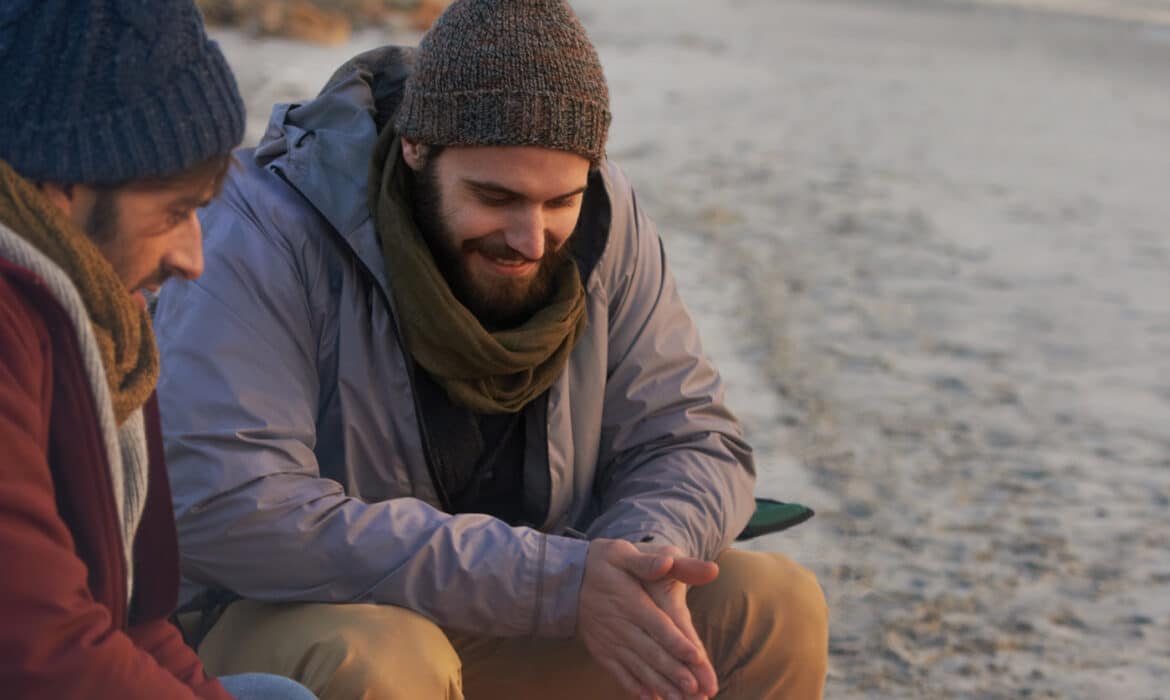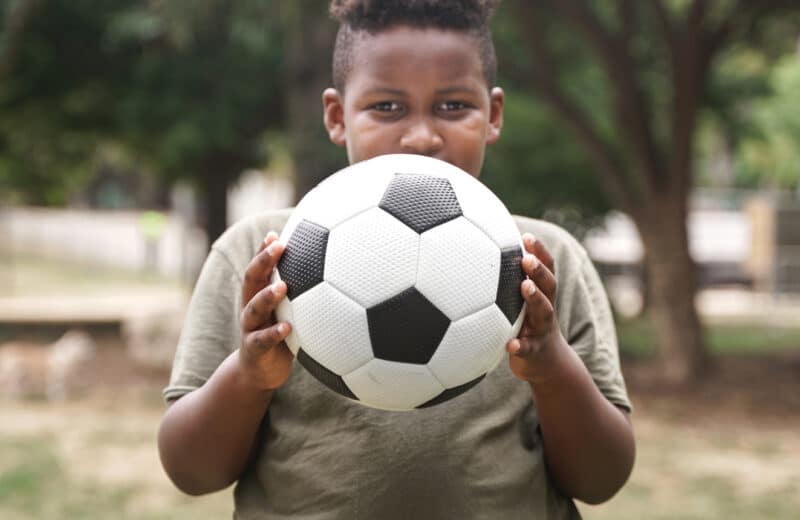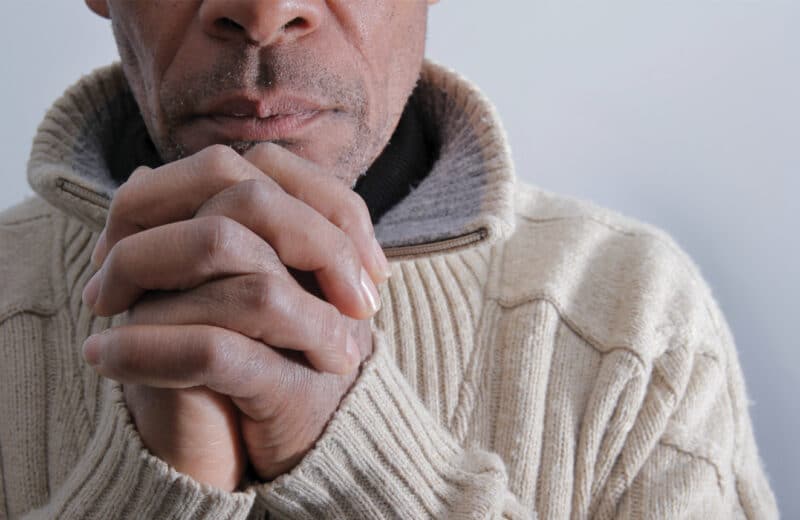Men often avoid developing deep friendships, but the benefits are clear
Fact checked by Derick Wilder
When Milan Bagel lost his wife of 55 years, he didn’t have any male friends to confide in about how lonely he felt without her. That was five years ago. More recently when Bagel, who is now 87, sold their home, he didn’t have any men close to him to share his feelings about leaving this key place in his life.
A retired engineer, Bagel moved to Encore Village of Schaumburg. He usually ate dinner alone in the community dining room for the entire first year.
Since then, however, he has joined a fishing group — one of the regular activities, including a woodworking group and a model train club, to develop camaraderie among the male residents. Bagel also meets weekly with a men’s group.
“We talk about what our kids are doing, what’s going on in the community, and sports. And if one man has a story about going to Singapore, another man has a better one about going to Timbuktu,” Bagel says. However, he adds, “we don’t talk about our feelings.”
The men’s reluctance to share their emotions, thoughts, and struggles with other men is not unique. In 2018, the American Psychological Association issued guidelines that explore the challenges boys and men have in developing close male friendships. According to the report, society expects men to be stoic, competitive, aggressive, and dominant.
While the media often refers to these traits as “toxic masculinity,” Timothy Ellingstad, PhD, psychologist and clinical director of Rogers Behavioral Health in Kenosha, Wisconsin, has a more nuanced perspective on the male stereotype.
A man might have many masculine traits or just one out of balance, Ellingstad says. “Mental health experts want to identify those traits to find out which of them is out of balance and having an impact on their relationships,” he says.
That lack of balance likely impacts men in more ways than they realize. Women, for example, tend to receive more emotional support from their networks. A 2021 study from the Survey Center on American Life found that 41% of women said they received emotional support from a friend in the previous week, while only 21% of men did.
Early in life, boys commonly learn the masculine characteristics that prevent close friendships. “Boys and men can absorb these traits from the larger culture, from exaggerated images of men portrayed in movies and on TV, and from the family system that reinforces them,” Ellingstad says.
Todd Doyle, PhD, clinical psychologist at Loyola University Medical Center, says that stereotypical masculine traits make it difficult for men to share their deep-seated feelings with each other. “They may be afraid to be vulnerable because they could be seen as being weak,” he says.
Yet, men can build connections. “Boys and adolescents might find a safe, supportive environment talking to a teacher or school counselor, or calling an after-school confidential hotline,” Doyle says. “Men might consider talking to their family doctor or maybe find a local men’s support group or hotline. For spiritual options, they could consider speaking to a pastor or a priest to start.”
Self-care is key, too: eating and sleeping well, exercising, and participating in activities and hobbies that provide opportunities for social contact.
There are glimmers on the horizon showing that society is becoming less reliant on masculine stereotypes. Ellingstad says that doctors now regularly screen people for substance abuse and depression; more male athletes are speaking openly about their struggles with depression.
“It’s a slow process,” Ellingstad says, “but socialization is a basic human need, and without it people suffer.”














